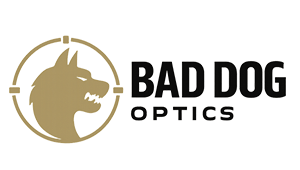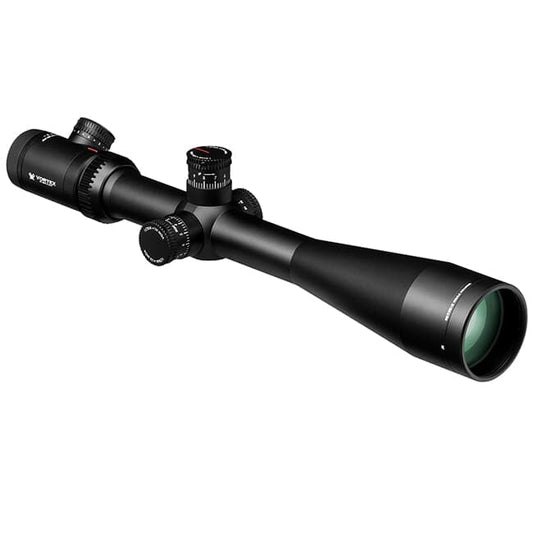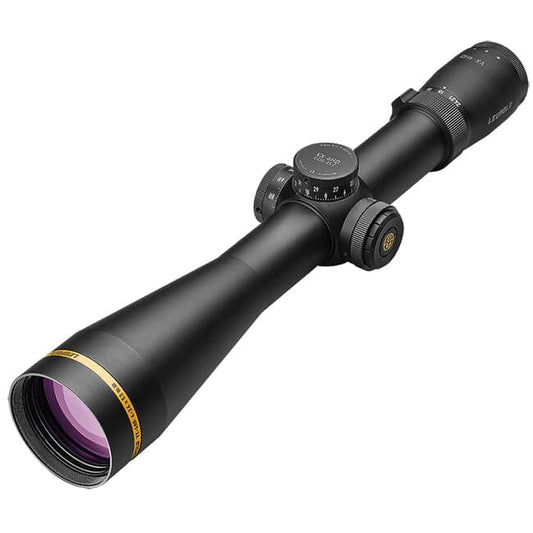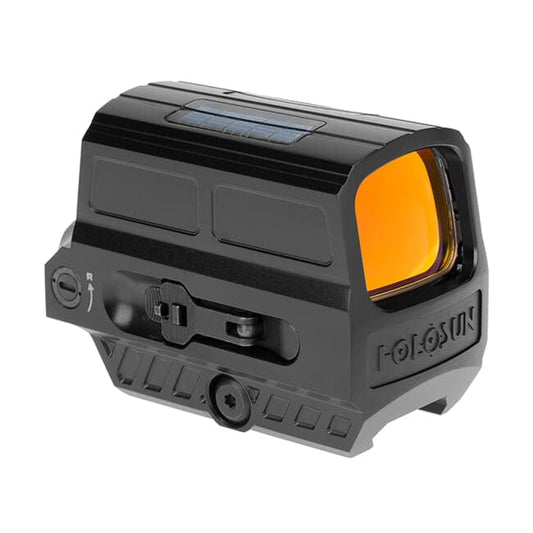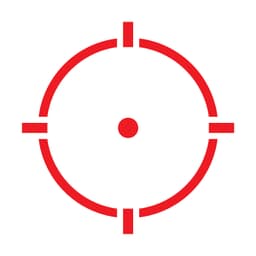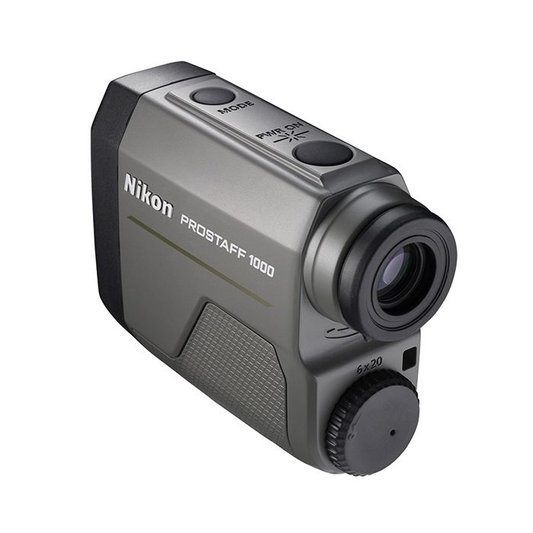

Nikon PROSTAFF 1000 Rangefinder 16664 delivers precision and convenience for serious hunters and shooters. With a range of up to 1,000 yards for reflective targets and 600 yards for deer, this compact rangefinder ensures accurate distance measurement with a 2-yard accuracy. Its 6x20 monocular features anti-reflection multi-coated optics, providing bright and clear visuals in various lighting conditions. Designed for ease of use, the rangefinder has an ergonomic build and a strategic button layout for quick and simple operation.
TRU TARGET technology allows for swift toggling between the nearest and farthest subjects, essential when navigating obstructions. With an IPX4 water-resistance rating, the Nikon PROSTAFF 1000 is built to endure outdoor conditions, making it a reliable companion on any hunt. Its user-friendly interface, eye relief for eyeglass wearers, and options for both spot and continuous measurement enhance the overall user experience, ensuring you focus on your target.
Key Features:
- PREMIUM OPTICS: Offers clear, anti-reflection multi-coated 6x20 monocular vision for bright visuals in different lighting.
- FAR-RANGING ACCURACY: Measures distances accurately up to 600 yards for deer and 1,000 yards for reflective surfaces.
- TRU TARGET TECHNOLOGY: Easily switch between the closest and farthest targets, improving target acquisition in dense environments.
- CONTINUOUS MEASUREMENT: Allows up to 8 seconds of continuous measurement for tracking moving targets with precision.
- INTUITIVE OPERATION: Simple two-button controls enable quick navigation and distance readings, enhancing usability.
- RUGGED AND PORTABLE: Compact and water-resistant design fits in pockets, perfect for outdoor activities.
- CLEAR DISPLAY: Uncomplicated display shows distance in yards or meters for quick understanding and usability.
- LONG-LASTING BATTERY: Includes a CR2 lithium battery, ensuring dependable performance during your outings.
Technical Specifications
| Item Condition | New |
|---|---|
| Weight | 4.6 oz (w/o batteries) |
| Dimensions | 3.6" x 2.9" x 1.5" (LxWxH) |
| Range | 6-1,000 yds |
| Monocular Details | 6x20mm |
| Laser | Class 1M Laser Product |
| Measurement Units | Yards & Meters |
| Battery Type | 1 CR2 Lithium |
| UPC | 018208166640 |
| MPN | 16664 |
What's in the Box?
- 1 x Nikon PROSTAFF 1000 Rangefinder 16664
- 1 x CR2 Lithium Battery
- User Manual
- Warranty Card
Customer Reviews
“The accuracy of this rangefinder has improved my shooting significantly. Highly recommend!”
“Compact and easy to use, perfect for my hunting trips. The clarity is impressive!”
“I love the TRU TARGET feature. It makes spotting targets so much easier in the field.”
FAQ
How accurate is the Nikon PROSTAFF 1000 Rangefinder?
This rangefinder delivers a 2-yard accuracy within its measuring capabilities, making it reliable for both hunting and shooting purposes. Users have reported consistent performance even at maximum distances.
Is the rangefinder waterproof?
Yes, the Nikon PROSTAFF 1000 has an IPX4 water-resistance rating, which protects it against splashes and light rain, ensuring it can withstand various outdoor conditions.
Can I use this rangefinder with glasses?
Absolutely. The Nikon PROSTAFF 1000 features eye relief that accommodates eyeglass wearers, allowing comfortable viewing without compromising on clarity.
How does it compare with other rangefinders?
Compared to similar products in its class, the Nikon PROSTAFF 1000 stands out with its TRU TARGET technology and continuous measurement functionality, making it a versatile tool for hunters and shooters alike.
What kind of battery does it use?
The rangefinder operates on a CR2 lithium battery, which is included in the box for immediate use.
Similar Models
Explore additional rangefinders from Nikon for more options. Consider models like the Nikon COOLSHOT 20 for enhanced portability and the Nikon PROSTAFF 7i for advanced features. Dive into our full collection of Nikon products to find the perfect optical solution for your needs.You May Also Like
Here’s some of our most similar products people are buying. Click to discover trending style.
